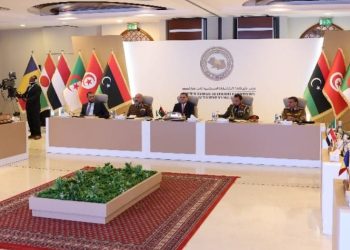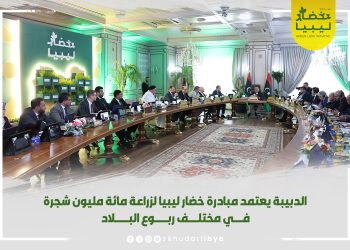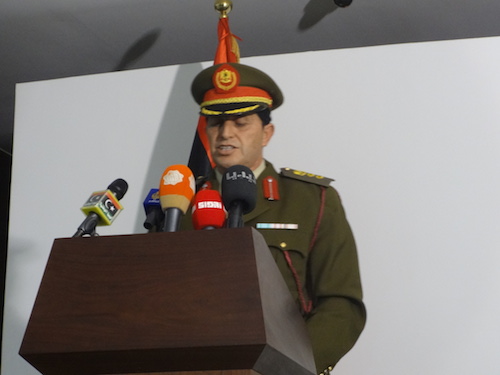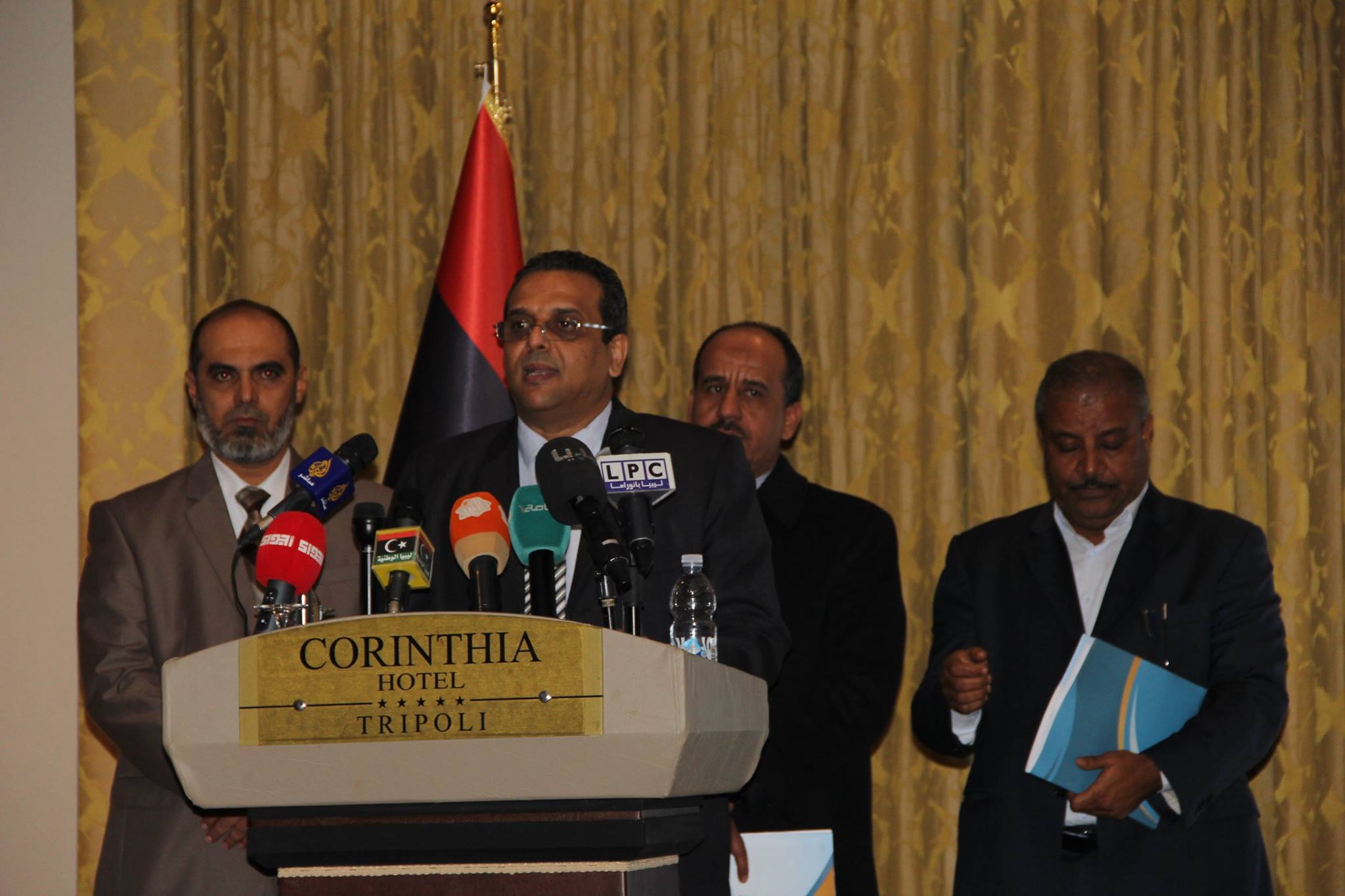By Libya Herald staff.
Tripoli/Tunis, 16 December 2014:
The Tripoli-based General National Congress today announced that the planned UN-sponsored “Ghadames II” dialogue that . . .[restrict]was due to take place over a week ago should occur in the central Libyan town of Hun. Ghadames is “not safe”, said Omar Hemidan, spokesman for those Congress members still taking part in its proceedings,.
The members also reportedly charged their president, Nuri Abu Sahmain, to selected four members to take part in the dialogue.
The HoR has already selected four members, headed by Benghazi member Abubakr Baira, to represent them at the talks if they go ahead. However, the process appears going nowhere fast. The HoR has now said that it will not take part in a dialogue that officially includes members representing the GNC because it is not a legitimate body.
Privately diplomats have expressed fears that the dialogue is dead, and there is speculation that UN Special envoy Bernardino Leon may resign at the end of the year if nothing happens by then.
The GNC call for talks to be held in Hun is likely to result in further rejection by the HoR. It is seen as under Misratan control. There were suggestions this evening that the call was deliberately designed to undermine dialogue. One prominent diplomat accredited to Tripoli noted that Congress had earlier suggested the desert oasis of Awjila as the venue and that this had been accepted by the HoR.
Meanwhile in a bid to keep the momentum going, the EU’s foreign policy head Federica Mogherini has reiterated the organisation’s “strong support for the UN’s efforts to bring together key stakeholders in a dialogue on Libya’s future”. She called for sanctions against those preventing dialogue.
There was “no alternative” solution to Libya’s crisis, Morghani said.
Expressing particular concern over the weekend military action, she also condemned the violence saying that it “undermines the prospects for a peaceful negotiated settlement”. She called for a ceasefire “so as to give the necessary space for inclusive national dialogue”. All those with an interest in the stability of the country should support the process, she added. On the other hand, those in Libya who were undermining the bid for a political solution risked ensuring civil war in Libya. “They must face consequences for their actions”, she said, adding that the UN Security Council should take measures against those obstructing dialogue.
The statement nonetheless contrasts with the stronger statement last week from the EU Parliament’s rapporteur on Libya, Ana Gomes.
While backing Leon’s attempts at dialogue, she came down firmly on the side of the House of Representatives as Libya’s legitimate legislature. “The EU must clearly take the side of those in Libya, and outside Libya, who want to see this country return to the democratic transition process,” she declared. There had been legislative elections last June “with results that nobody questioned – and which led to the constitution of the House of Representatives as the legitimate body democratically representing the people of Libya”.
The EU, she added, had to “clearly condemn all those who are responsible for wanton violence and selective killings, kidnappings, torture and other grave human rights violations against civilians, be it armed militia on the ground or military chiefs lashing out air raids to sow death and destruction in neighbourhoods and public facilities, such as airports”. The EU had to help ensure that they would be “held accountable for their crimes in international justice”.
The EU should, moreover, enact its own sanctions against those leaders “responsible for armed violence and for boycotting the UN sponsored negotiations”.
The EU had to “track, expose arrest and stop any interfering powers and other actors who are financing and arming extremist and terrorist groups in Libya, as well as any Libyan individuals or organisations who may take advantage of the situation and try to deviate Libyan State revenue or assets through international financial conduits”. [/restrict]











